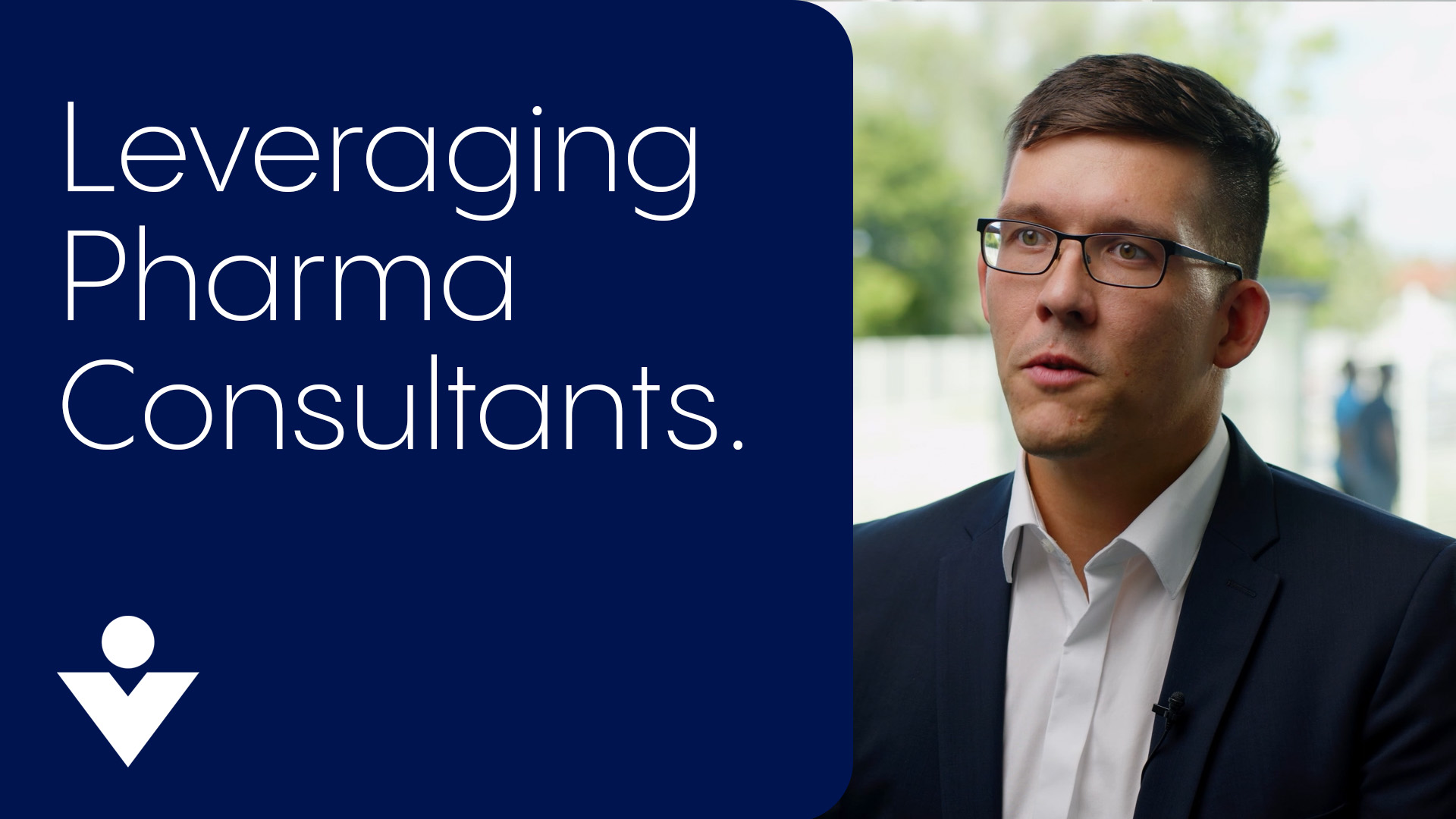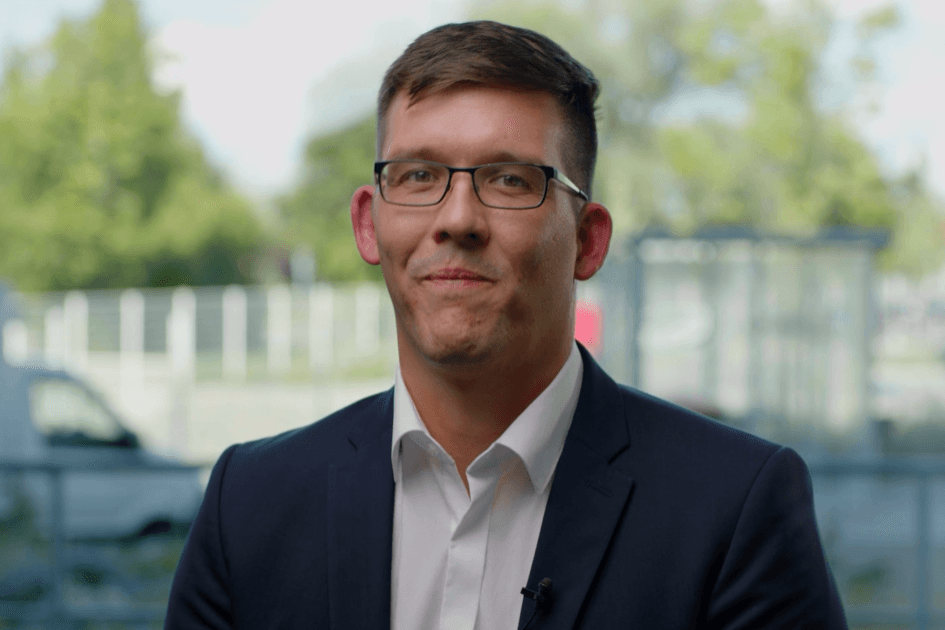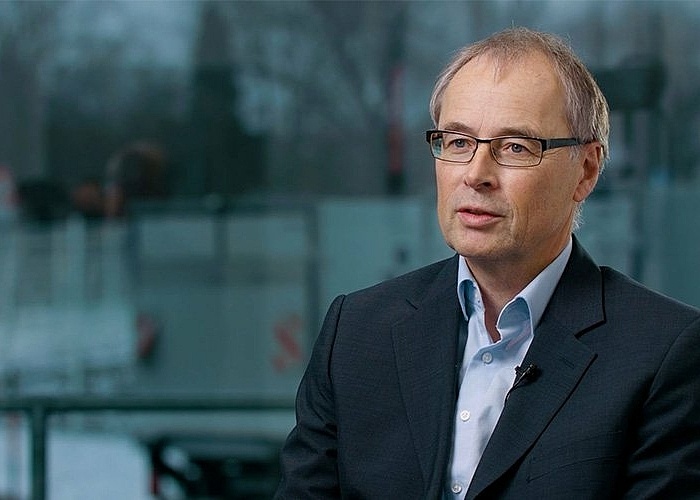
In the run-up to in-human trials, drug developers often find they need a range of new skills to advance their injectable drug product. Rico Gaertner, an expert in aspetic fill and finish projects, explains how pharma consultants can be a smart, cost-effective solution – and what to look for in the right specialist for your team.

Rico Gaertner, Director of Quotation Management
Rico leads a team of industry and aseptic filling experts dedicated to developing fill and finish projects that are technically and logistically optimized for each customer and their molecule. He has over a decade of experience matching the right team and technology to the right product and goal.
The role and value of pharma consultants
Drug developers are unquestionably the experts on the molecules in their pipeline. But when it comes to the clinical manufacturing process, they often need to look beyond their core teams for the specialized skills and knowledge they need to turn a promising drug substance into a drug product that’s ready for in-human evaluation.
Hiring a full-time employee (FTE) can be an expensive way to source that expertise, which may only be needed for a limited amount of time. For many companies, it may make more sense to engage one of the industry’s many consultants: independent specialists who can plug into a drug development team with exactly the right expertise at precisely the right time—for the right amount of time.
As Rico notes in his discussion, most drug developers can source pharma consultants with the skills to address virtually any challenge or need. These valuable professionals are typically:
- Industry veterans: They have often worked on a wide variety of drug development programs at a range of different organizations.
- Highly specialized: They have the skills and experience needed to handle complex projects and processes like evaluating aseptic filling partners, preparing regulatory submissions, overseeing quality systems, and more.
- An immediate value-add: They can quickly fill skill, role, and knowledge gaps so the rest of their new team can stay focused on what matters most to them—their molecule.
How to select and engage the right consultant
For teams that need to expand their capabilities, it’s important to be proactive and selective in the search for a pharma consultant. The right one can make a swift and welcome impact on key facets of a drug development program—so long as their skills, experience, and personality are a good fit for the team, their product, and goals they’ll support.
To identify a consultant who’ll add impactful value to a parenteral product program, look for:
- Relevant experience: Have they worked on your specific substance class or therapeutic area, and with injectable products? Are they well-versed in development pathways similar to yours?
- Startup background: Have they worked with early-stage organizations—or maybe even started one? Experience with enterprise pipelines and programs can be valuable too, but startup teams can often benefit from specialists who understand their unique challenges.
- Manufacturing expertise: Can they deliver the unique technical and operational skills you need to develop an aseptic fill and finish process for your product?
- Cultural fit: Does their personality and work style align with your team? Will they run their part of your project in a way that harmonizes with the rest of your development program?
- Industry network: Are they well-connected with the types of partners that your team needs to advance your program? Can they connect you with important services quickly and efficiently?
To achieve the best results, it’s important to start vetting potential candidates as early as possible. And while hiring a consultant may involve a significant upfront investment, the right one can more than pay for him or herself through the pitfalls and setbacks they help you avoid.
Just one unexpected but avoidable roadblock—like running short on API, sticking with a problematic formulation, or selecting the wrong primary packaging—can cost far more than the smart consultant helps you sidestep those issues. In the end, the right consultant can help save you millions and successfully finish your project on time. So look early, choose carefully, and watch your team reap the benefits of their skills.



